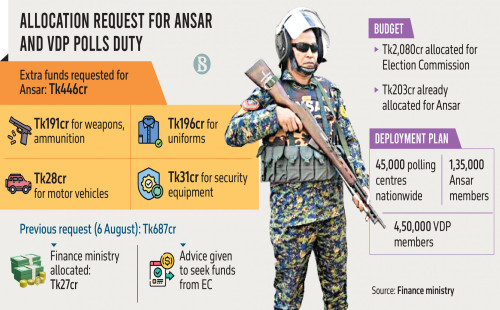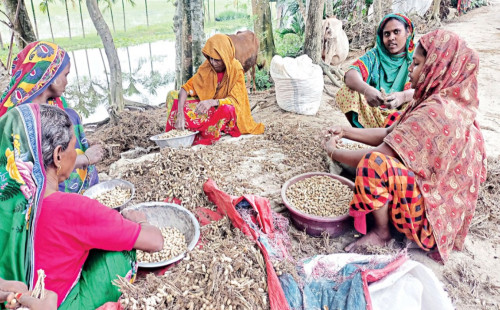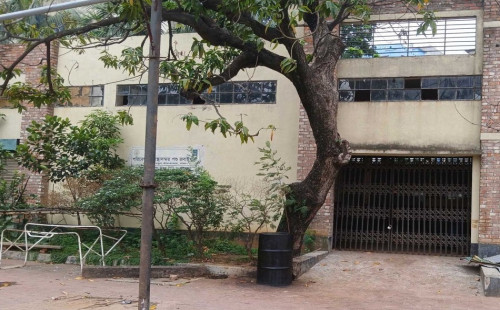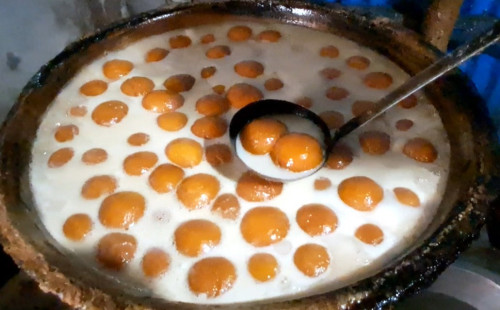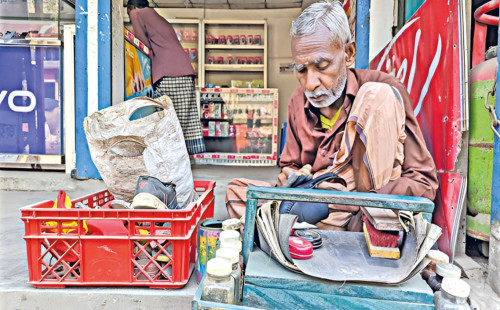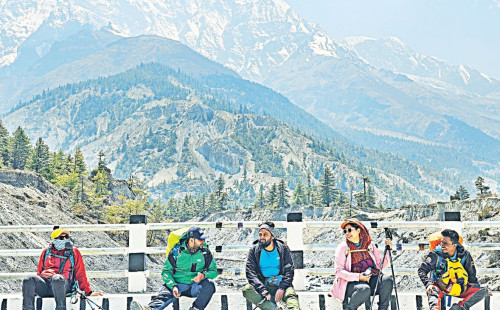Mob violence: no end in sight

Despite repeated assurances of tougher
action and the interim government's zero-tolerance stance, incidents of mob
violence show no sign of stopping.
Even warnings by
security forces appear to have little deterrent effect. Within a week, mob
attacks have taken place at a shrine and twice in the capital.
Experts have raised questions over law and order, as well
as the interim government's ability and willingness to contain the menace.
In the latest
incident, two men were beaten to death in separate attacks in the capital's
Mohammadpur area yesterday. The deceased were identified as Sujan alias Babul,
17, an assistant to a sanitary mechanic, and Hanif Hawlader, 22, a helper of a
transport vehicle.
Police claimed
both were muggers and had four cases each filed against them. Their families,
however, denied the allegations.
Sujan's elder
brother, Md Sojib, told The Daily Star, "My brother used to spend time
with his friends in the neighbourhood. He wasn't a mugger, and he worked as an
assistant."
He alleged that
Sujan and another youth were taken from Nabiganj Housing area around 4:00am,
beaten by locals, including a security guard. The two later succumbed to their
injuries.
Hanif's elder
brother, Milon Hawlader, made similar allegations of his brother being taken
from home along with a friend, chased by locals and brutally beaten. "Even
if there were allegations [against Hanif], he should have been handed over to
the police. Killing him in public like this is no justice."
Hanif's uncle,
Harun, suggested personal enmity might also have played a role.
Kazi Rafique,
officer-in-charge of Mohammadpur Police Station, said both victims had multiple
mugging cases against them, and Hanif was seen in CCTV footage of a recent
snatching at Chandrima Udyan. "Police responded to 999 calls and rescued
the injured, but they died at hospital later," he said. No arrests have
been made yet, though investigations are underway.
On September 8,
Yamin, 23, was beaten to death by a mob in Mohammadpur on suspicion of mugging.
On September 5, in Rajbari's Goalanda upazila, the darbar sharif of "Nural
Pagla" was attacked, vandalised, and his body dug up and burnt. The incident
left one person dead and at least 22 others injured.
Rights group Ain
o Salish Kendra (ASK) recorded 124 deaths in mob beatings in the first seven
months of this year, compared to 128 in the whole of last year. Dhaka alone
accounted for 55 of the mob-related deaths this year and 57 last year.
"Whether
political or non-political, once mobs get away with violence, it encourages
repetition. That's exactly what is happening in Bangladesh now," said
Towhidul Haque, associate professor at Dhaka University's Institute of Social
Welfare and Research.
"When
people see perpetrators going unpunished, they feel encouraged to take matters
into their own hands. This culture of impunity is feeding more violence,"
he said, adding that weakness in law enforcement is a major factor.
"There's a
perception that police fear retaliation when confronting politically or
religiously motivated mobs. That hesitation emboldens unruly groups. If the
state cannot protect its citizens and enforce law, people lose trust and resort
to vigilante justice."
Haque warned
that mob violence is no longer confined to one-off incidents but is becoming a
systemic threat.
"It's not
just about criminals being beaten. Sometimes ordinary disputes, rumours, or
even accusations of political allegiance can trigger mob attacks. This reflects
deep insecurity in society and a collapse in confidence in formal
justice."
Supreme Court
lawyer Manzil Morshed told The Daily Star, "It's as if a reset button has
been pressed on the justice system. Those in power are taking justice into
their own hands. The government must answer whether it's incapable or unwilling
to control mob violence.
"If mob
violence is not contained now, society will descend into instability and
darkness. The only solution is to enforce the law strictly. Stronger
punishments, even non-bailable provisions, may be necessary to deter
participants."
About addressing
mob violence, Col Shafiqul Islam, colonel staff at the Military Operations
Directorate of Army Headquarters, on Monday said the army maintains "zero
tolerance" towards mob violence and expressed hope that the number of such
incidents would decline.
Briefing
reporters at Dhaka Cantonment, he said the army always responds once requested.
"The army is requested if police or other agencies fail to control a
situation. By the time the request comes through and approval is obtained from
headquarters, the situation may already have deteriorated."
Regarding the
incidents, Home Adviser Lt Gen (retd) Jahangir Alam Chowdhury acknowledged a
"slight deterioration" in the country's law and order following
recent incidents. "The situation was good but based on the events of the
last few days, I would say it has deteriorated slightly.
"We'll do
our best to restore it to its previous state," he said at Rajarbagh Police
Lines on September 7.



